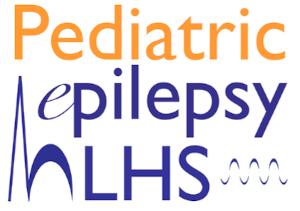
Pediatric Epilepsy Learning Healthcare System (PELHS) collects administrative and clinical data entered at the point of care, aggregates and analyzes the data across multiple sites, then regularly reports findings back to sites to continuously improve care. Due to the large number of individuals with epilepsy, the heterogeneity of the epilepsies, and the variety of advocacy groups for common and rare epilepsies, PELHS offers novel opportunities to the LHS design.
Mission
Reduce seizures and their consequences for children with epilepsy through cycles of health data collection and analysis, dissemination of new evidence and practice change.
Vision
All children with epilepsy receive timely and optimal care according to standards that are continuously improved.
PELHS Areas of Improvement
Community Engagement
The PELHS Community Engagement Core offers ways for patients and families to get involved as partners to advance care and support, participate on the center improvement teams and provide patient perspective for “co-production.” The Community Engagement Core is built on partnerships with local Epilepsy Foundation and Rare Epilepsy Network organizations for priority-setting, community-based support, wellness and self-management tools.

